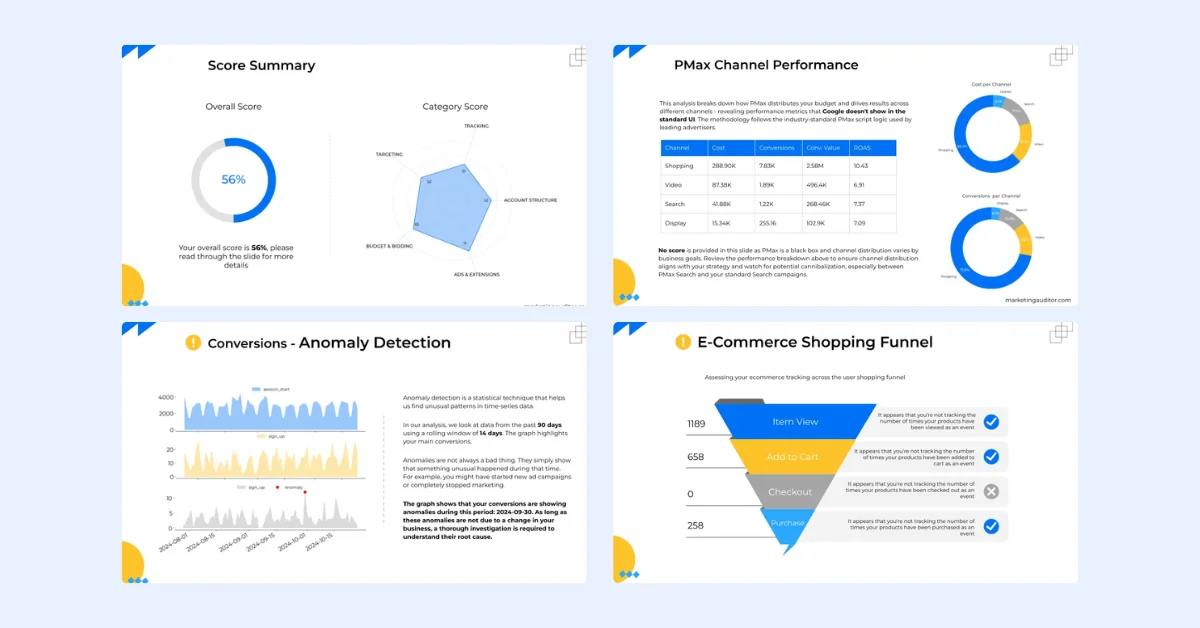Italy’s competition and consumer watchdog has launched an investigation into Google's methods for obtaining user consent to link activity across its services for ad profiling. The watchdog suspects Google of engaging in "unfair commercial practices" by providing inadequate, incomplete, and misleading information, potentially influencing users' consent decisions.
Context and Regulatory Background
Google is under scrutiny for how it obtains consent from EU users to link their activities across various services like Google Search, YouTube, Chrome, and Maps. This linking allows Google to profile users for targeted advertising, its primary revenue source. The investigation is significant as it comes under the purview of the EU’s Digital Markets Act (DMA), which mandates that "gatekeepers" like Google obtain explicit consent before processing personal data for advertising.
Italian AGCM's Concerns
The Italian authority, AGCM, is concerned that Google's consent requests do not provide users with sufficient information to make informed choices. Specifically, the AGCM suspects that Google is not transparent about the implications of linking user accounts and the extent to which personal data is combined across different services. The regulator also worries that Google’s consent flow might manipulate users into agreeing to data linking through misleading or aggressive practices.
Comparison with European Commission's Actions
Interestingly, the European Commission (EC) is also investigating Google under the DMA but focuses on different issues, such as self-preferencing in Google search and anti-steering in Google Play. The Italian AGCM appears to be addressing gaps not yet covered by the EC, potentially acting on concerns that the Commission has yet to address.
Potential Manipulative Practices
The AGCM also suspects that Google's techniques for requesting consent might condition users' freedom of choice, potentially manipulating them into agreeing to data linking. This aligns with broader concerns about "dark pattern" designs, which use deceptive tactics to influence user decisions. The EU’s increasing regulation, including the Digital Services Act (DSA), aims to challenge such user-hostile tactics.
Conclusion
Italy’s investigation into Google's consent practices highlights significant concerns about transparency and user manipulation. The outcome could have broader implications for how digital platforms obtain and manage user consent across the EU.











